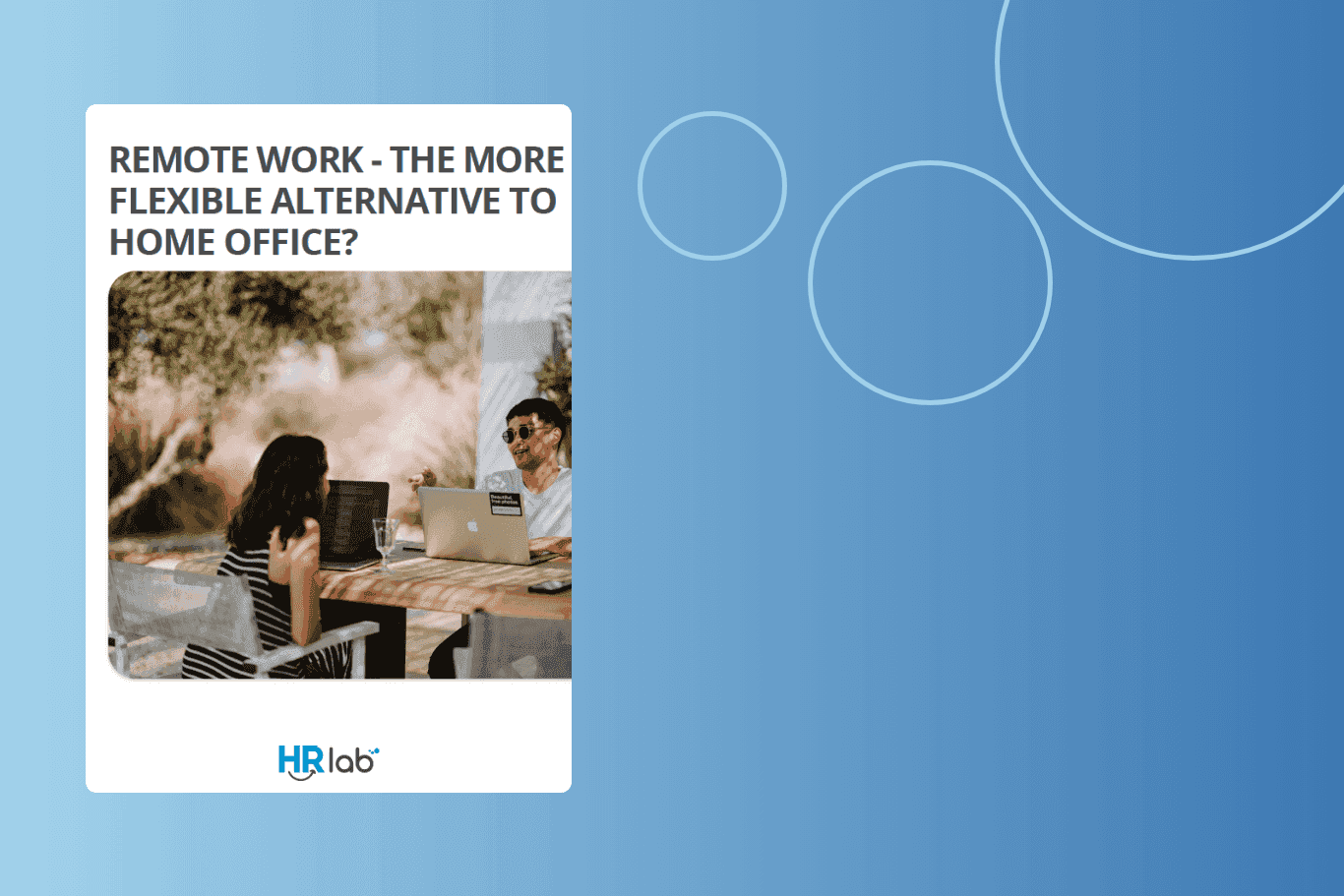Remote Work - the More Flexible Alternative to Home Office?
Remote work increasingly turns into a standard requirement when it comes to the employment of today. But what exactly does this form of employment entail, and how does it differ, for example, from working from home? We shed light on the matter and have prepared a checklist to help you navigate the introduction of successful mobile work in your organization. Find out:
What exactly defines remote work?
What are the labor law differences to home office?
How to navigate working from abroad?

How to make the most of remote work - for employers and employees
Remote work gives employees the freedom to complete their tasks completely independently of their location. Whether working from home, on the go, or from a café, it doesn't matter. This results in a high degree of flexibility in shaping the workday. At the same time, it allows for better integration of personal and professional commitments.
Meanwhile, employers offering mobile work benefit from a significantly larger talent pool. Just like with the concept of a home office, they are no longer restricted to local workforce availability, but mobile work offers even more flexibility. Additionally, it's important to note that costs for office space and equipment can be greatly reduced.